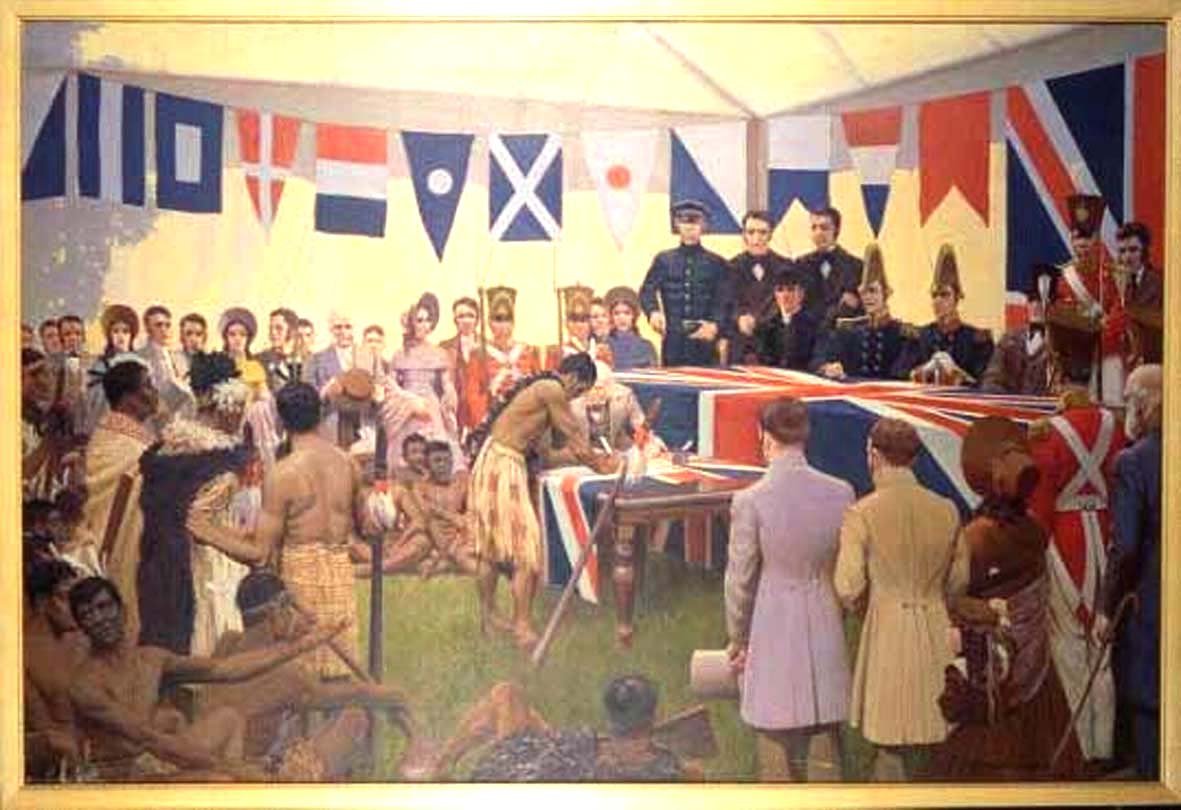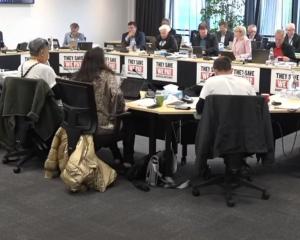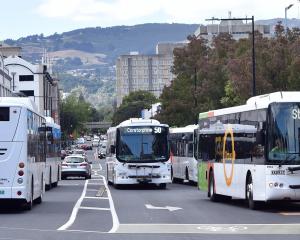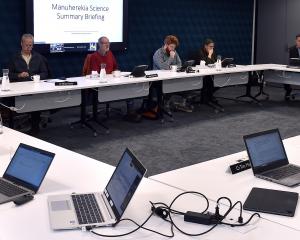

"Each voter has a say in who represents them in Parliament and local government."
However, this is not altogether true.
At a parliamentary level this statement reflects the actual position. Everyone entitled to vote has a say. Some are enrolled on the Māori roll, and choose from the options in a Māori electorate. Once the electoral members of Parliament have been chosen our MMP system allows us to choose the balance of Parliament by choosing which party we want to have inhabiting the remaining positions.
Once all the members of Parliament are chosen they cannot serve until they have made a promise to bear true allegiance to the King, be loyal to New Zealand and respect its democratic values and the rights and the freedoms of its people.
This promise does not restrict members from being partisan: in fact it is assumed members of Parliament will do what their party tells them to do, and to speak up for their constituencies be they geographic, ethnic or whatever.
At local government level it is another story.
People are chosen for councils in general or as ward members. Before they start their council duties they also make a promise, which is quite different from the promise made at parliamentary level. The promise they make as councillors is to faithfully, impartially and to the best of their ability do their job "in the best interests of [the region or district]". Once they become councillors they are therefore no longer councillors for a particular area but for the whole region.
They are specifically required to be impartial and not to be partisan.
Our current government, various senior civil servants and some of the media seem to be of the view that we can somehow superimpose takata whenua into local government without a thought as to how this works in a democracy where each voter has a say in who represents them in a democratic fashion and where councillors promise to be non-partisan and impartial.
Democracy would be served if we had Māori seats on councils chosen by those in the Māori roll. Then either the Māori representatives promise to make decisions in the best interests of the region, or none of the councillors should make that promise.
What we should not do democratically is to try to muddle up a non-democratic tribal system with a system where each voter chooses their own representative. Neither should we have separate commitments based on race.
Honouring the Treaty does not require us to give up on democracy. And it does not require us to ignore the current promises made before people are allowed to hold office in local government in New Zealand.
Until recently the current thinking was having takata whenua always in the room to advise on the issues and possibilities which may arise from particular choices being made. (A version of co-management in some instances.)
This has moved to ideas of partnership at the deciding table, and even towards equal partnership and therefore equal decision making. (Co-governance.)
If we are even contemplating this new thinking, democracy must remain first and foremost.
It is not good enough to call it democracy to suggest that Māori representation (unelected democratically) is much the same as democratically elected representatives because Māori are still accountable to their tribe/iwi and will be called out if they do not deliver for their people.
This approach does not give Māori democracy. Māori should have the same rights as the rest of us to a democratically elected choice. That promise was made under the Treaty.
A tribal elder-based system may have in the past served the interests of Māori and may be the culturally appropriate way of carrying out decision-making within a Māori world view. But it is not the expression of our one-voter, one-vote democracy.
And if the point of Māori representation is to deliver for Māori, it would certainly require a change to the promises made to allow for non-Māori councillors to only promise to deliver for whoever they think are their constituency.
Our elected members of Parliament have promised to respect our democratic values and should be called out on attempting to sneak through unelected people on to local government positions under the completely spurious idea that this could possibly be a way of developing our democracy in the future.
If the Government wants us to be a team of five million, let’s all play by the same rules.
- Hilary Calvert is a former Otago regional councillor, MP and DCC councillor.












